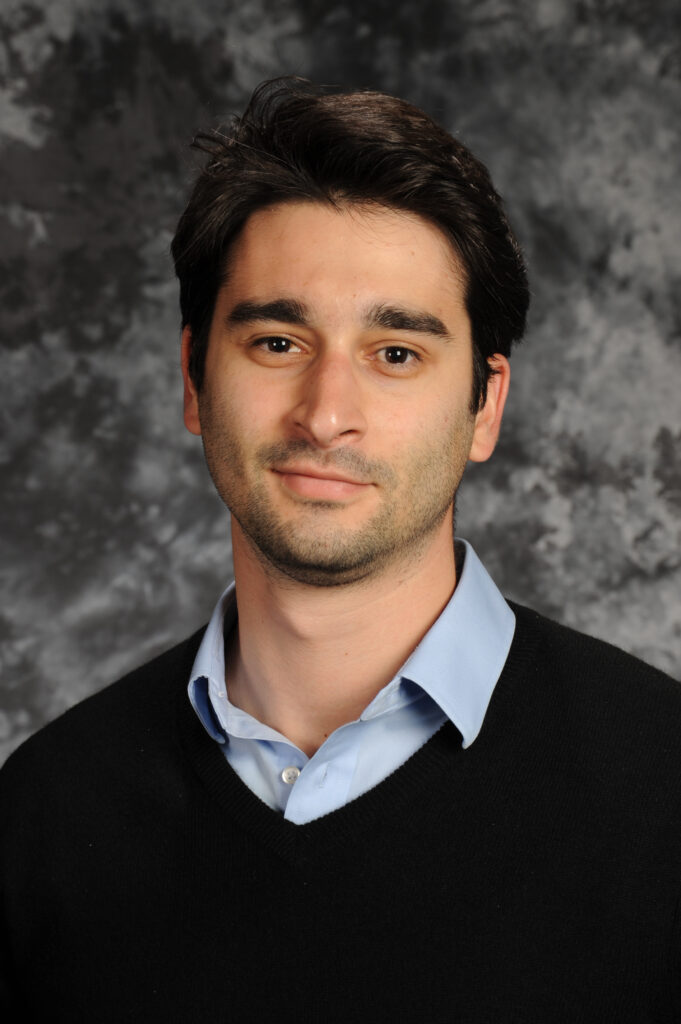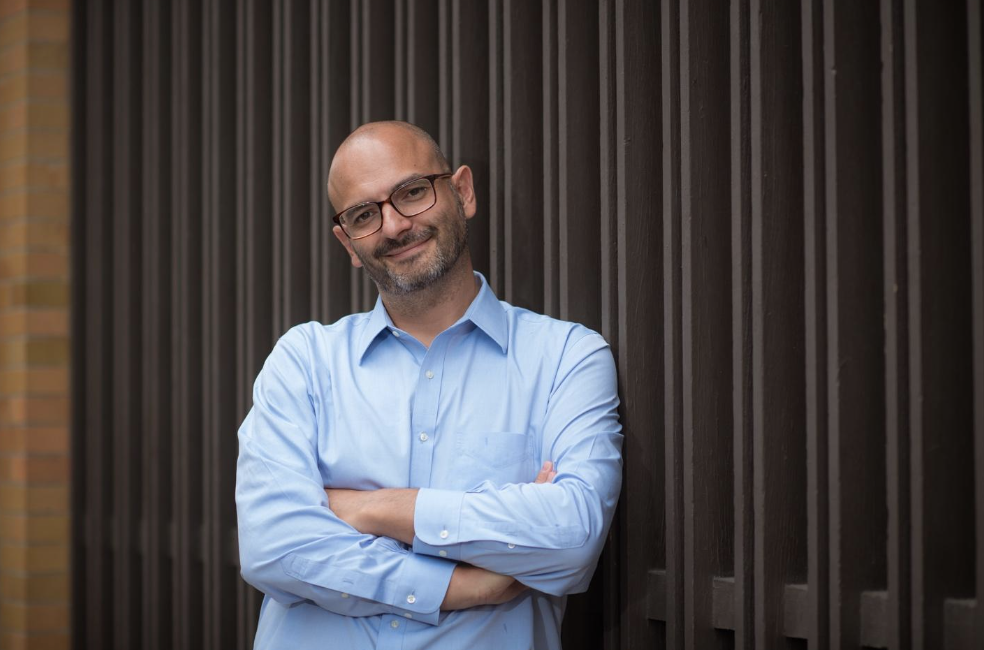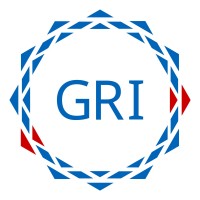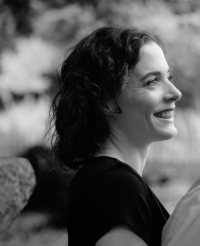Archive for October 2023
INL’s Role in Advanced Reactor Demonstration and New Modeling & Simulation Capabilities
SPEAKER: Dr. Abdalla Abou-Jaoude Advanced Reactor Research Integrator DATE/TIME: MON, 10/30/2023 – 3:00PM TO 4:00PM LOCATION: 3105 ETCHEVERRY HALL Abstract Idaho National Laboratory (INL) is at the forefront of the nation’s advanced reactor R&D effort. Advanced reactor are a promising form of baseload carbon free energy generation and several studies are expecting them to play…
Read MoreBoiling Heat Transfer Experimental Research at MIT: Accomplishments, Open Questions, and Future Directions
SPEAKER: Dr. Matteo Bucci Associate Professor of Nuclear Science and Engineering, MIT DATE/TIME: MON, 10/23/2023 – 3:00PM TO 4:00PM LOCATION: 3105 ETCHEVERRY HALL Abstract In every field of science, the possibility of discovering and understanding new phenomena, or testing new hypotheses, is strongly related to and limited by the capability of observation. Here, we will…
Read MoreNeed for Speed in Scintillation Detectors
SPEAKER: Dennis R. Schaart, PhD Head, Medical Physics & Technology Delft University of Technology DATE/TIME: MON, 10/16/2023 – 3:00PM TO 4:00PM LOCATION: 3105 ETCHEVERRY HALL Abstract Remarkable progress is being made in the development of ultrafast scintillation detectors, driven by the need for detectors with better time resolution and/or higher count rate capability in medical…
Read MoreFall 2023 Colloquium
Fall 2023 Colloquium Archive
Read MoreCoal-to-Nuclear Repowering for a Just Transition
SPEAKER: Jessica Lovering Executive Director, Good Energy Collective DATE/TIME: MON, 10/9/2023 – 3:00PM TO 4:00PM LOCATION: 3105 ETCHEVERRY HALL Abstract This talk will focus on the intersection between policies to decarbonize our energy system and efforts to ensure a just transition for fossil-fuel workers and dependent communities. One opportunity that has emerged is the potential…
Read MoreGamma Reality, Inc: DOE and ANS Articles Spotlight Startup Founded by Kai Vetter and UCBNE Alumni Andy Haefner and Ryan Pavlovsky
Logo courtesy of Gamma Reality, Inc. UCBNE alumni Andy Haefner and Ryan Pavlovsky, alongside professor Kai Vetter, have worked to develop and commercialize real-time, 3D radiation mapping instruments through their work at LBNL and startup Gamma Reality, Inc. Their scene-data fusion enabled instruments have been increasingly adopted by nuclear power plants across the US, Canada,…
Read MoreNext-generation neutrino detection with Eos
SPEAKER: Professor Gabriel O. Gann Associate Professor of Physics, UC Berkeley Faculty Scientist, LBNL DATE/TIME: MON, 10/2/2023 – 3:00PM TO 4:00PM LOCATION: 3105 ETCHEVERRY HALL Abstract Neutrinos are some of the most fascinating particles that occur in nature. Over one billion times lighter than the proton, the neutrino was once thought to be massless and…
Read More




